Spain is a diverse country full of nuances, with coexisting communities consisting of different languages and lifestyles, causing Spain to be one of the most culturally rich countries in Europe.
Each autonomous region, in its own right, enjoys ancestral traditions and festivities that take place exclusively in their territory, such as the celebrations of the Castañada, Tío and l’Ou com bella, all of whi ch have been celebrated in Catalonia for centuries.
However, the region celebrates not only original Catalan customs, but also national traditions that take place all throughout the country. Today in this article from ShBarcelona we will be telling you about the number of Spanish traditions celebrated in Catalonia.
Table of Contents
Spanish culture in Catalan lands
Three Kings Day – Christmas traditions in Catalonia
The first of the centenary traditions that takes place in Spain (as well as in Catalonia) with great splendor is the night of the Three Wise Men and the subsequent Three Kings Day.
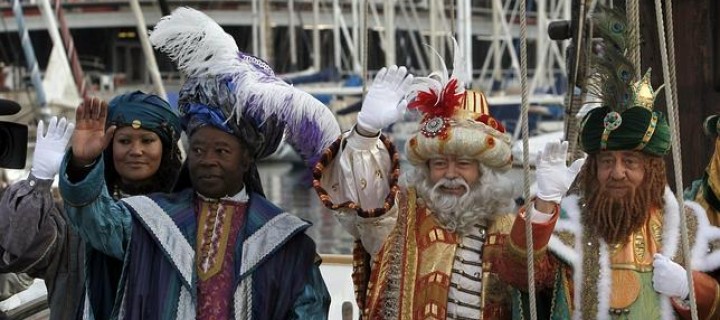


Photo via Visualhunt
This festival, which commemorates the visit of the three wise men to the baby Jesus a few weeks before his birth with gifts, became more of a festival for children in the 20th century, similar to the tradition of Saint Nicholas celebrated in other countries.
Ever since then, on the night of January 5 when the children are sleeping is when the Three Wise Men visit all the homes and leave gifts that the children have asked for in letters that they left days before.
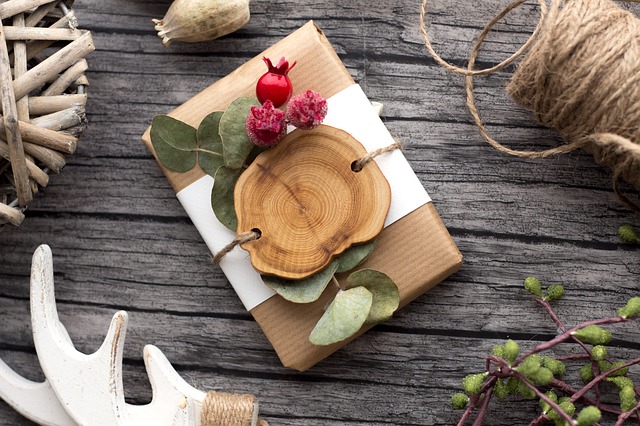


Photo via Pixabay
Similarly to Christmas, children receive gifts if they’ve behaved well during the year, and those who are misbehaved receive coal. Generally, the Three Kings are fairly indulgent in their gift-giving.
January 6 is a festival day and is celebrated with family, where children can enjoy their gifts and eat tortel, the special dessert prepared for the holiday.
Although the celebration of Father Christmas during December becomes more popular in Spain each year, the celebration of Three Kings Day will not be fading from the forefront of Spanish tradition anytime soon.
Find your next holiday accommodation in Barcelona
Semana Santa – Easter
Another important tradition in Catalonia and the rest of Spain is Semana Santa, or Holy Week. This is the commemoration of the passion, death and resurrection of Jesus of Nazareth at the hands of the Romans.
One of the most impressive and important parts of this holiday are the processions that take place all throughout the country, including in Barcelona, with the most fascinating and ornate ones taking place in Sevilla, Málaga and Valladolid.
In fact, the processions in these three cities have been named a Fiesta of International Tourist Interest.
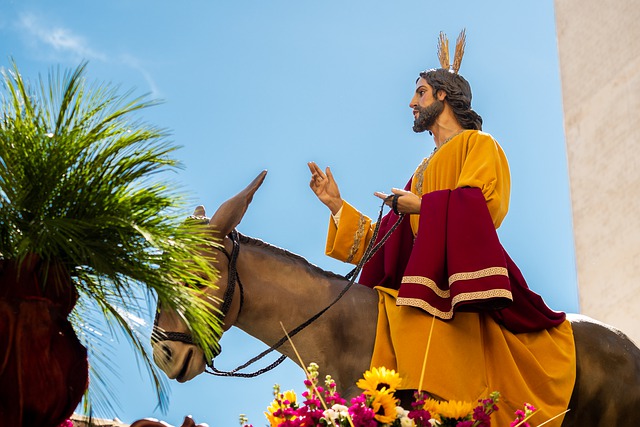


Photo via Pixabay
These processions transport different images related to the passion and death of Christ, with characteristic steps and accompanying traditional music.
In the streets where the procession travels, full of tourists and devout Catholics, resound spontaneous songs called saetas and praises that fill the air with a sense of solemnity and emotion.
This is celebrated after the first full moon following the spring equinox.
Related article: Halloween and Castañada – Know The Difference
Nochevieja – New Year’s Eve
The last tradition celebrated throughout Spain happens the night of Nochevieja, or New Year’s Eve.
To celebrate the new year at midnight of December 31, Spaniards, including Catalans, sit in front of the television to watch the twelve bells toll and eat a grape for each stroke of midnight.
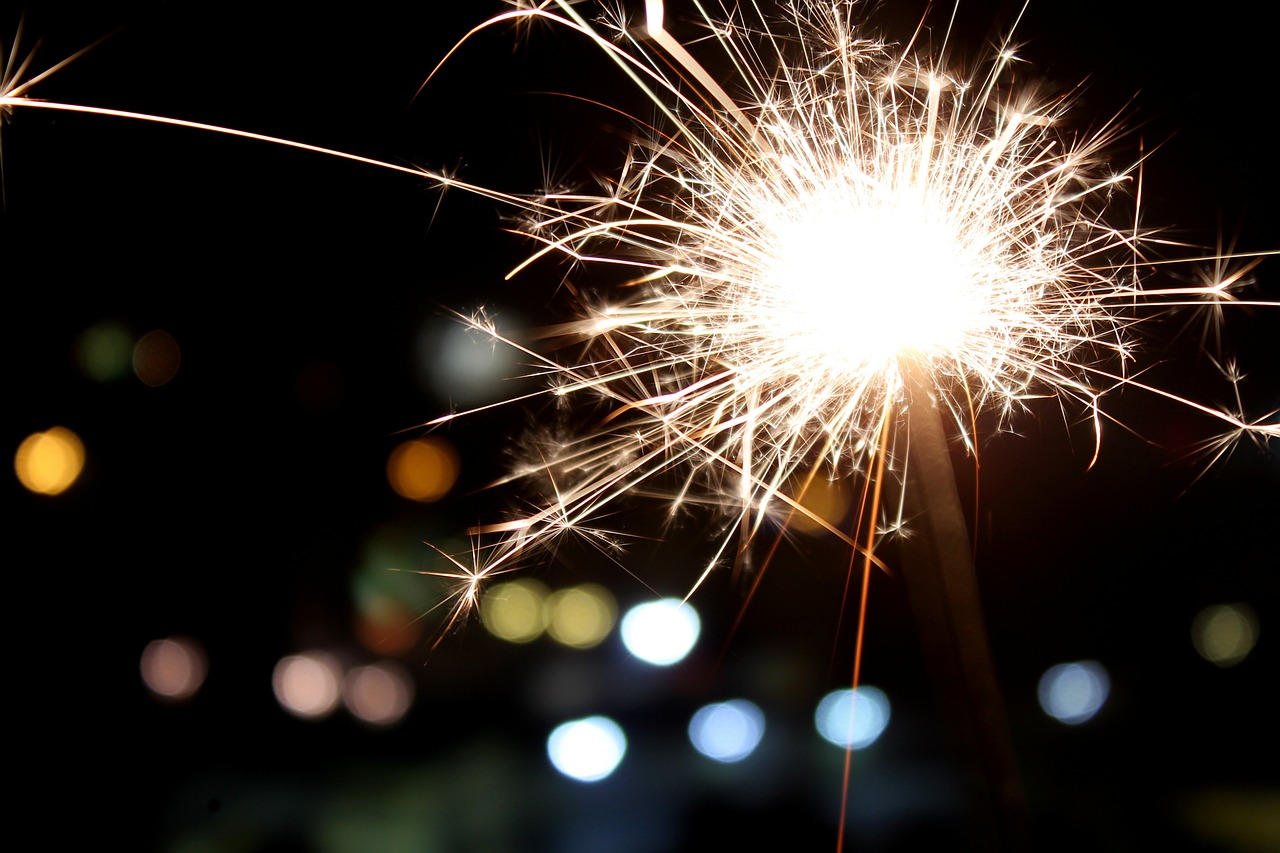


Photo via Pixabay
This tradition has been documented since the late 19th century.
The bells are traditionally rung at the Puerta del Sol in Madrid, and, according to the more superstitious, if you don’t eat your twelve grapes before the twelve tolls of the bells at midnight (another food tradition in Catalonia), you will have bad luck throughout the year – just be careful not to choke!
Short-term rentals via ShBarcelona
What do you think of these Spanish traditions in Catalonia?
Tell us about the one you like the most!









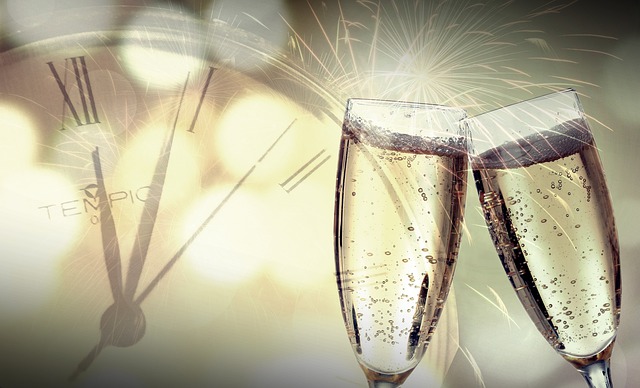


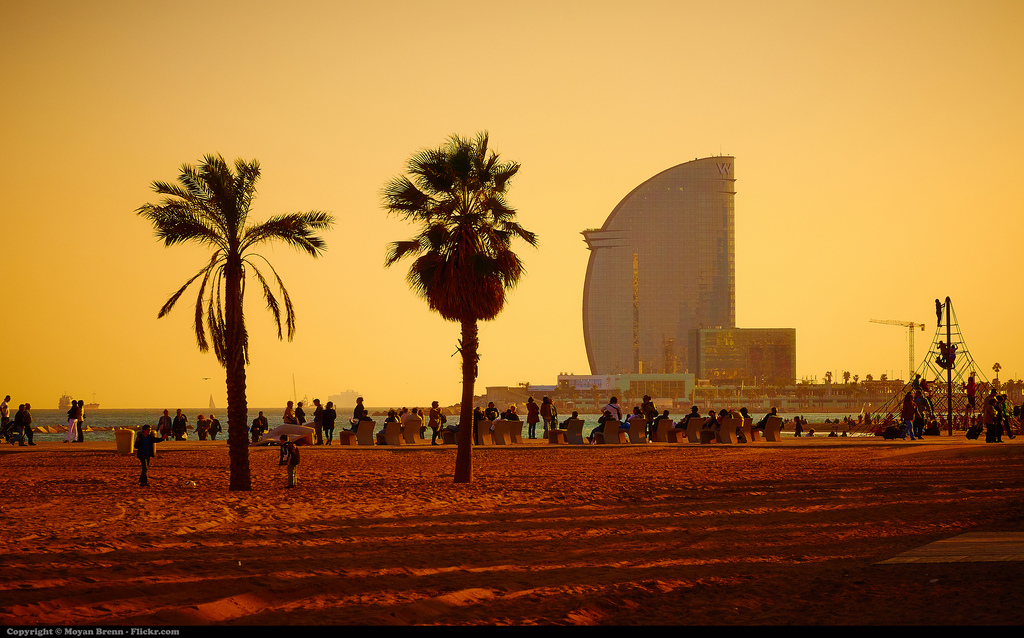




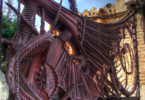


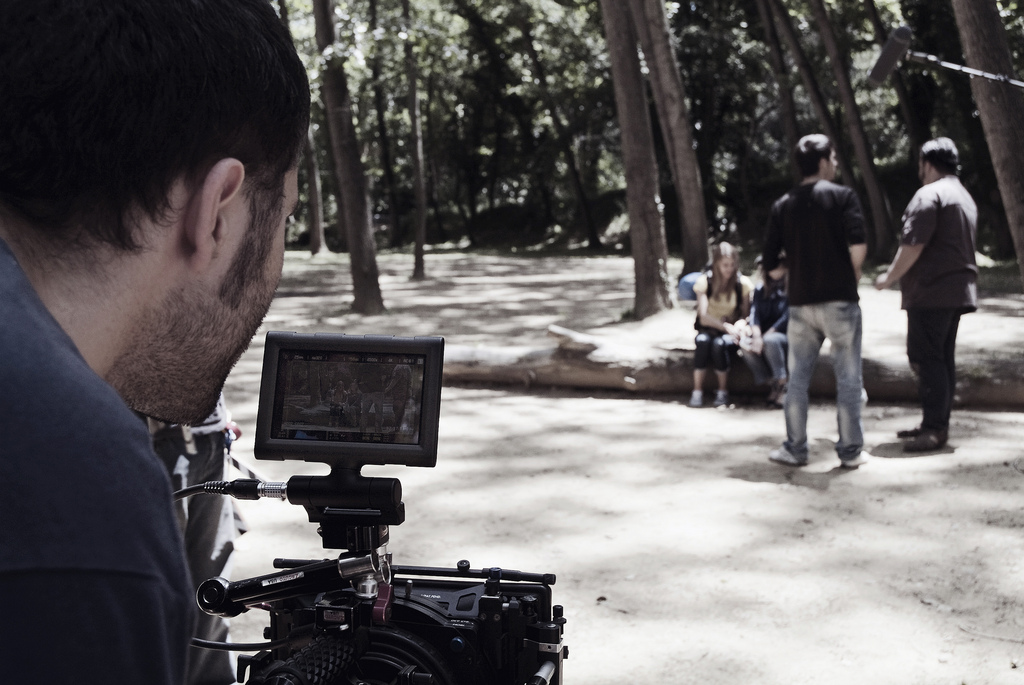


Leave a Comment